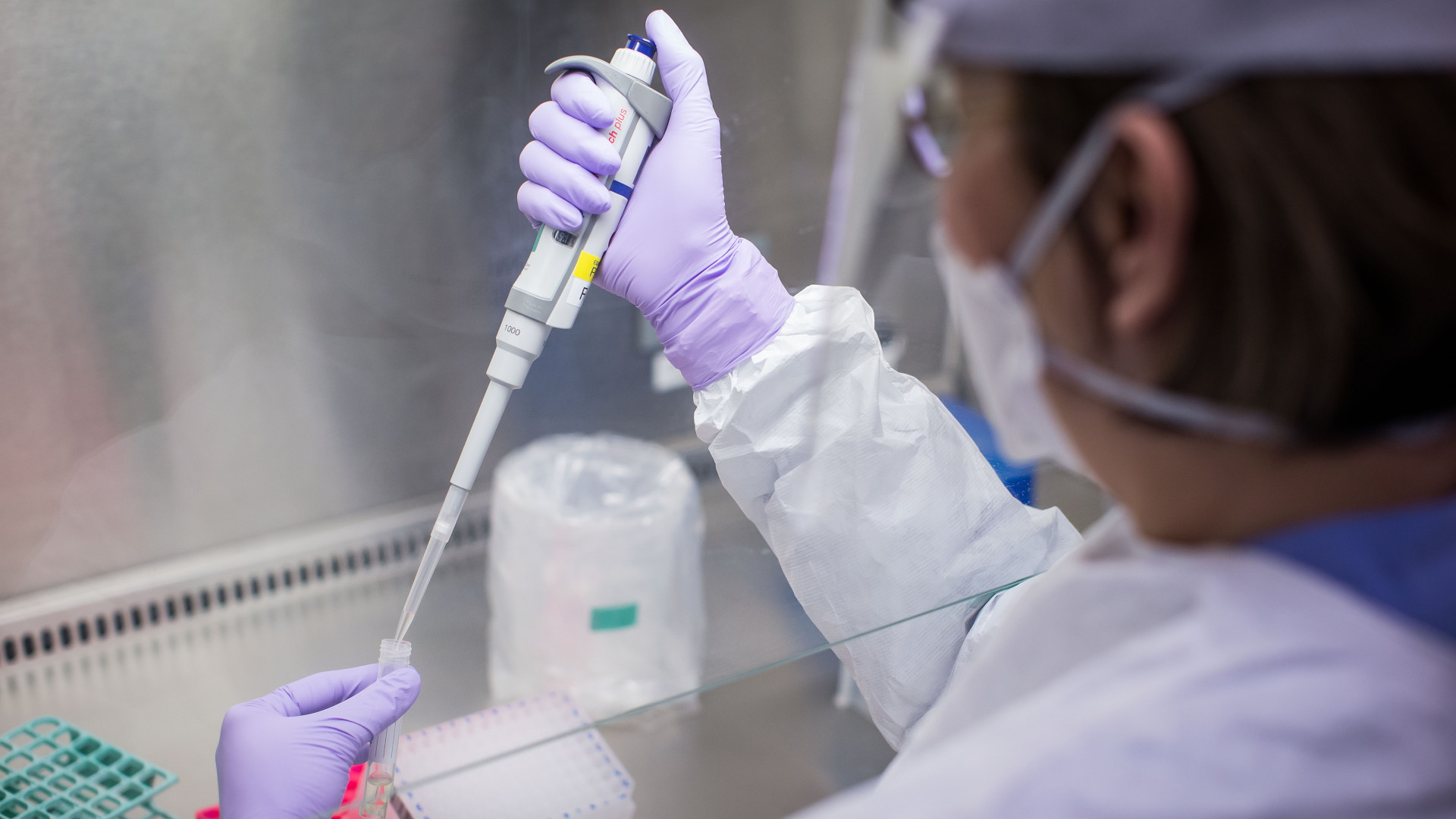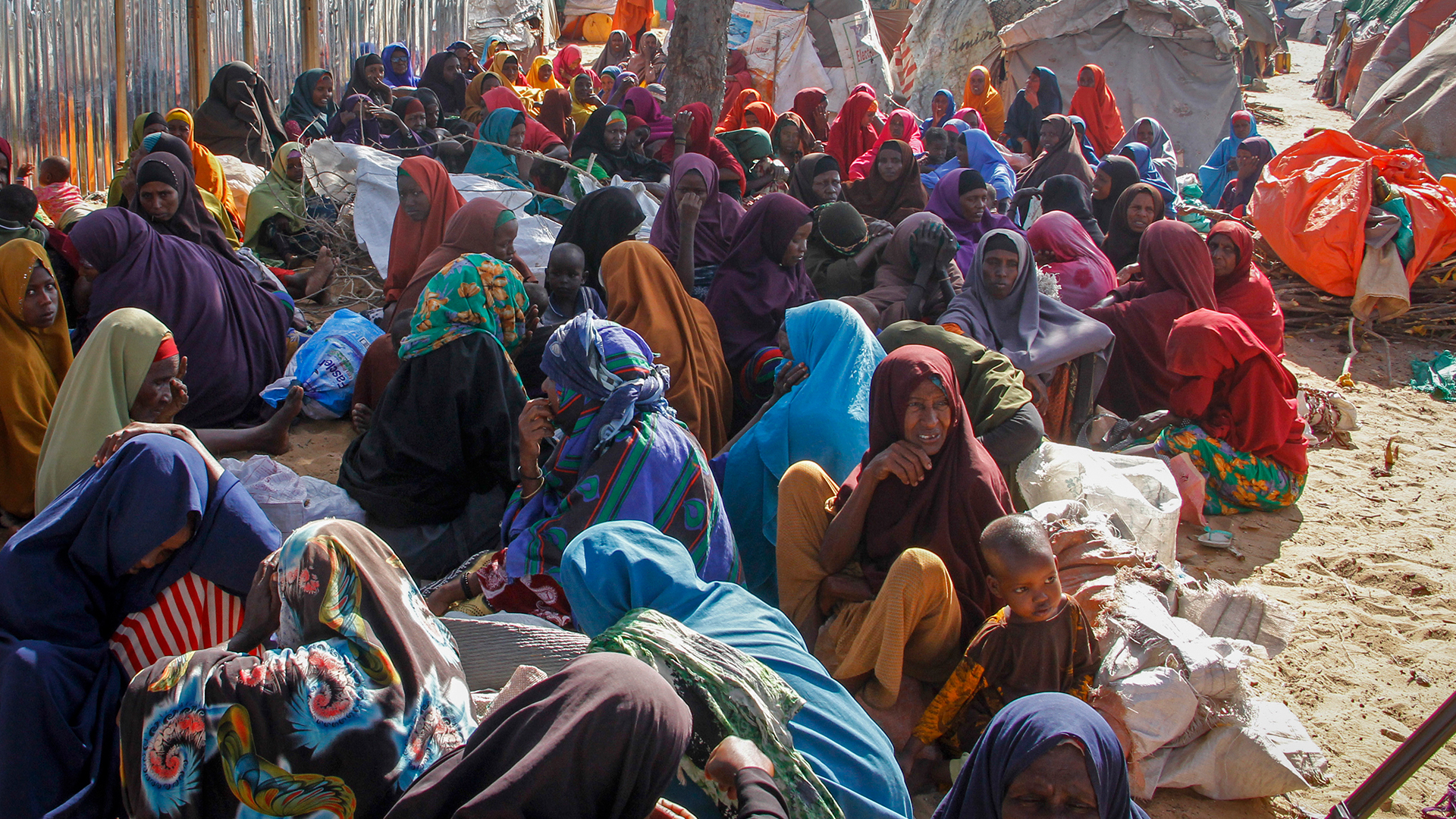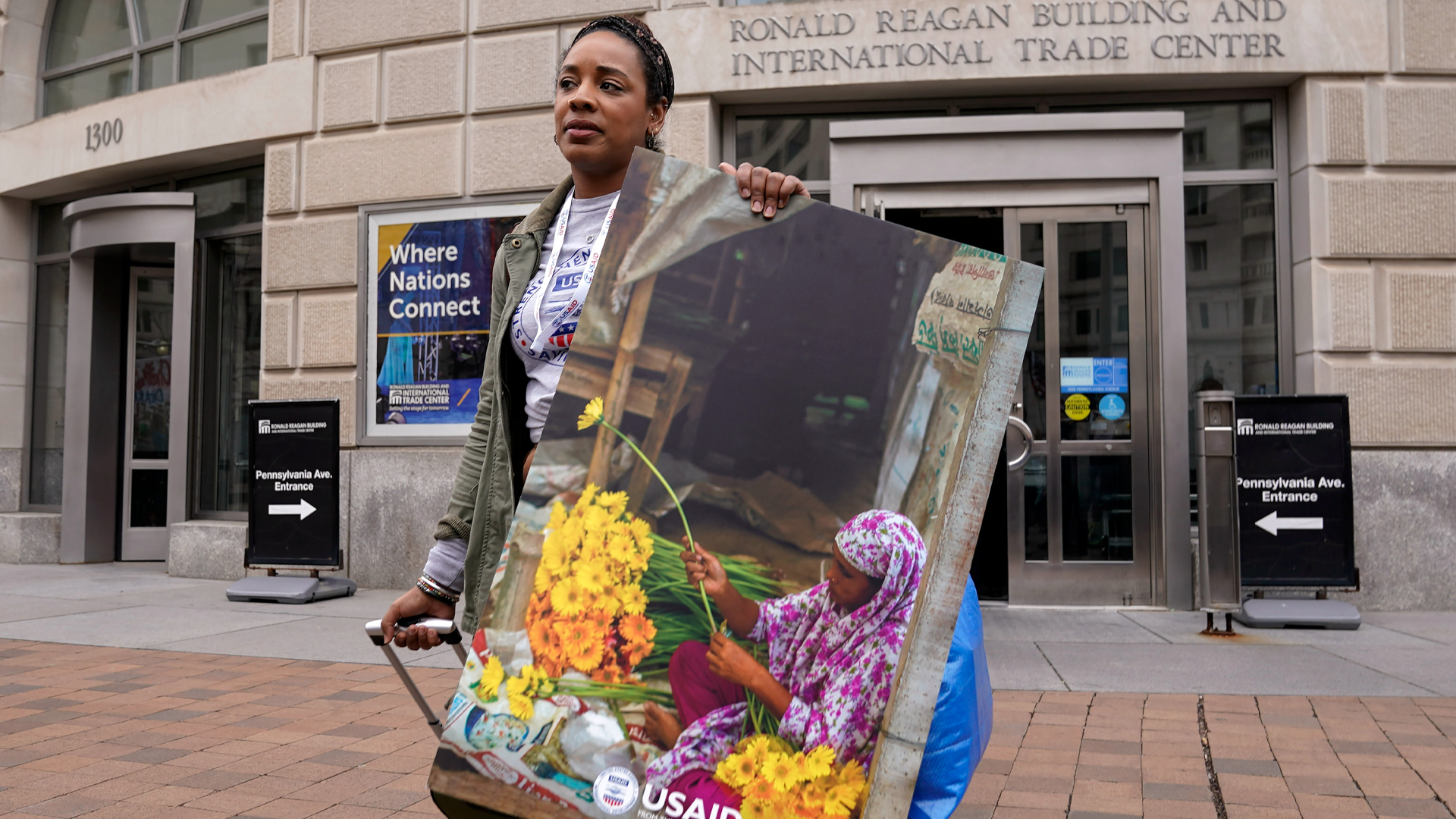
The combined aftershocks of the most dangerous European conflict since 1945, climate change and a global pandemic – now in its third year – could prove catastrophic for the world’s most vulnerable countries.
With the global pandemic far from over, failure to increase global vaccination rates and thus protect the entire world from the virus means new variants could still arise, with all that entails. Escalating food and fuel prices, and increasingly fragile supply chains present a real danger to the lives of millions and could usher in a devastating new era of economic stagnation.
All these factors are converging at once. There are several things Canada can do to help solve the crises, through the lens of national defence, yes, but also through the lens of international development, diplomacy, trade and economic recovery.
A(nother) humanitarian crisis
As of April 3, more than 4.2 million refugees have fled Ukraine as a result of Russia’s invasion. The European Union’s humanitarian commissioner, Janez Lenarčič, has predicted that 18 million people will be affected by the crisis.
Even before the invasion put the source of key food exports from the region at risk, 44 million people around the world were on the brink of famine and an additional 232 million were in peril.
Rocketing food prices mean more people will go hungry and more regions will face instability as many countries face much higher costs for food, specifically wheat and other grains.
Russia has more agricultural land than all other European countries combined. Ukraine has the most arable land in Europe, with 25 per cent of the world’s total volume of black soil, which is particularly fertile and has helped make the country a global agricultural powerhouse.
A Canadian defence budget increase will need a policy rethink
Russia and Ukraine supply about 50 per cent of Africa’s wheat imports. For Eritrea, Egypt, Benin, Sudan, Djibouti and Tanzania in particular, that figure is more than 70 per cent. Russia and Ukraine also supply about 90 per cent of sunflower oil imports to Egypt, Tunisia, Sudan and Algeria.
The majority of these exports go through Odessa and other ports on the Black Sea which are now closed to commercial shipping. Large areas of Ukraine’s agricultural production border Russia and the conflict is likely to disrupt planting this year.
All this converges into one simple fact: Russia’s invasion of Ukraine will aggravate other humanitarian crises as well. With the global food supply at risk, we will see converging crises and aftershocks that will move across the planet.
The World Food Programme (WFP) gets half of the wheat it distributes in humanitarian crises from Ukraine. It now may need to find other suppliers, as well as help feed the additional three million Ukrainians now in need of food assistance. Despite the WFP being Canada’s largest humanitarian assistance partner, Canada is only its fifth-largest donor. We can significantly step up our investments in international development now and make a concrete difference.
Political and financial aid could decrease
All of this is occurring at a time when Canada’s investments in international development continue to wallow near an all-time low. For every $100 of national income, Canada invests just 31 cents in international development – a far cry from the 70-cent goal that other G7 countries have met.
In times of domestic crises, we have often seen countries turn inward. This was particularly clear during the pandemic, when high-income countries responded to new variants by hoarding vaccines and pursuing “me-first” policies.
The Russian invasion puts additional political pressure on development funding. Without significant new investment, Canada will have to “rob Peter to pay Paul” or move funding from global health – during a pandemic – to help fund our response to the invasion of Ukraine.
Another debt crisis?
The invasion of Ukraine also makes both more urgent and more challenging the need to tackle the growing crisis of debt in many countries.
Russia is now highly likely to default on its debts. That in itself may not affect global financial stability or have a direct impact on existing African sovereign debt.
But for many African countries, additional government revenues will now disappear into higher costs for other goods, including food. Financial markets will likely tighten up and become more risk-averse, at least in the short term. That means the cost of borrowing will rise for many African countries, as well as other emerging and developing economies.
The pandemic has made the debt crisis worse. More than 20 countries in Africa are at high risk of, or are in, debt distress. African countries’ total debt has ballooned to US$625 billion and debt-service costs continue to rise – almost US$70 billion for African countries alone in 2021.
As African debt goes up, its countries have less to spend on fighting the pandemic, paying health-care workers and teachers, and investing in infrastructure.
COVID and conflict converge
As of March 2022, only 15.2 per cent of Africa’s population is fully vaccinated. Low-income countries, most of which are in Africa, are far off track from meeting the World Health Organization’s goal of vaccinating 70 per cent of the population by September. Many of the countries with the highest risk of variants emerging are in Africa – variants that will put our recovery at risk.
Geopolitics could now also impact the supply of vaccines to low- and lower-middle-income countries. For example, Lithuania cancelled a donation of vaccinations to Bangladesh, following Bangladesh’s abstention from the UN resolution condemning Russia’s invasion of Ukraine.
But the broader challenge lies in political space. Many G20 countries are loosening COVID-19 restrictions, while continuing to underfund the global response. Since the Russian invasion started, the U.S. Congress chose not to fund its international COVID response and did not fulfil a promise on the sharing of IMF special drawing rights. Turning away from COVID-19 and the threat it poses to peoples’ lives and livelihoods is short-sighted and self-defeating.
What needs to happen next?
G20 governments should ensure that their response addresses the knock-on impacts of the pandemic, climate change and the invasion of Ukraine by:
- Resisting export bans on wheat, maize and other staples.
- Ensuring that new in-country refugee costs are additional to existing aid spending for low- and middle-income countries.
- Rapidly fulfilling their commitment to recycle US$100 billion IMF special drawing rights to support low- and middle-income countries in their response to the COVID-19 pandemic.
- Rapidly addressing vaccine inequities by fully funding the World Health Organization’s Access to COVID Tools Accelerator and supporting a proposal to waive intellectual property on COVID-19 related medicines.
Canada can step up and fulfil Prime Minister Justin Trudeau’s pledge “Canada is back” by showing meaningful increases in international development investments. Canada can work with multilateral and diplomatic partners to increase the global co-operation in this time of need. Critically, Canadians can push their government to act. No country is an island, and with the invasion of Ukraine and the aftershocks around the world, we must act now to prevent greater crises in years to come.









